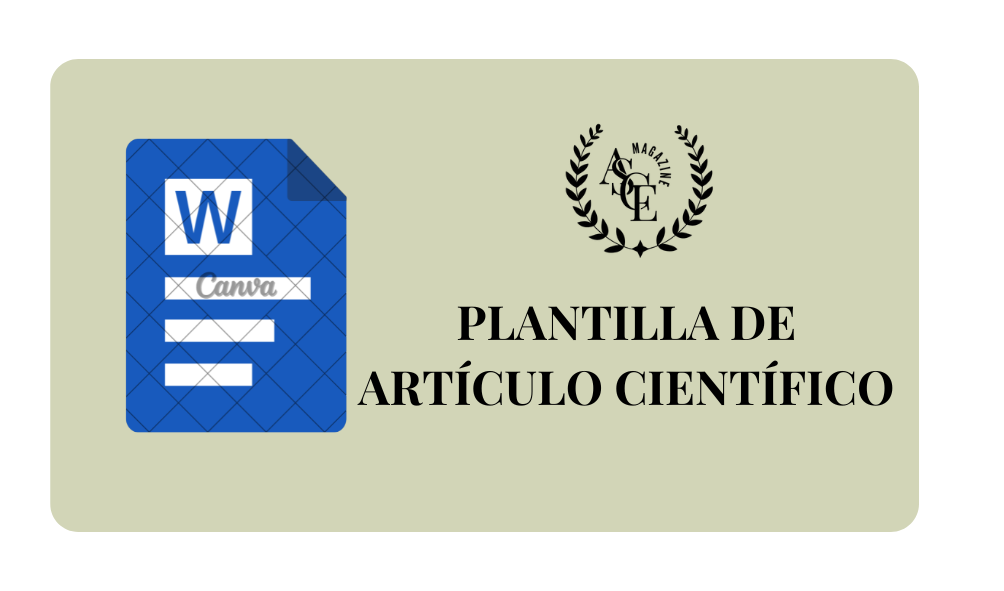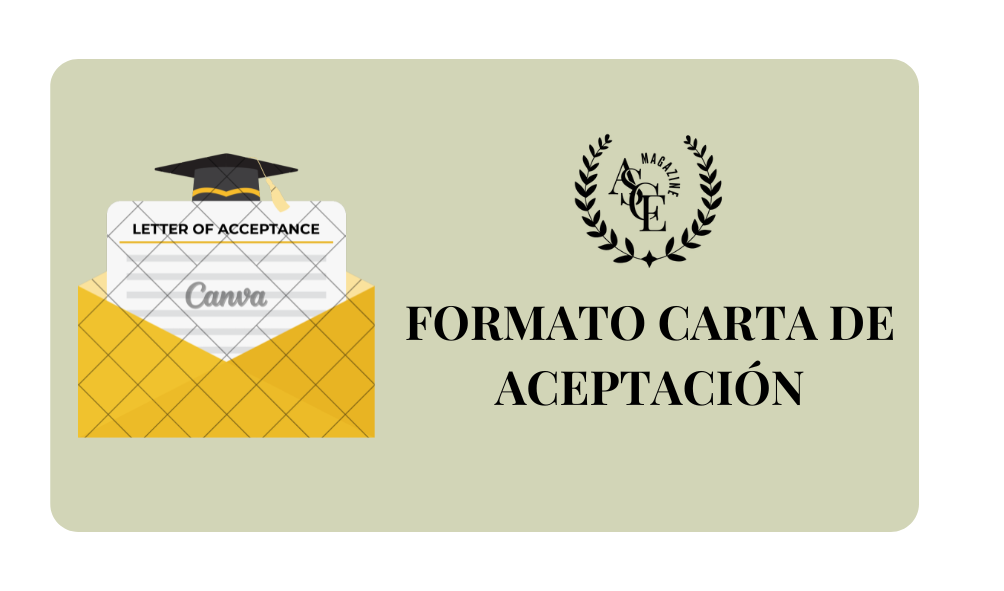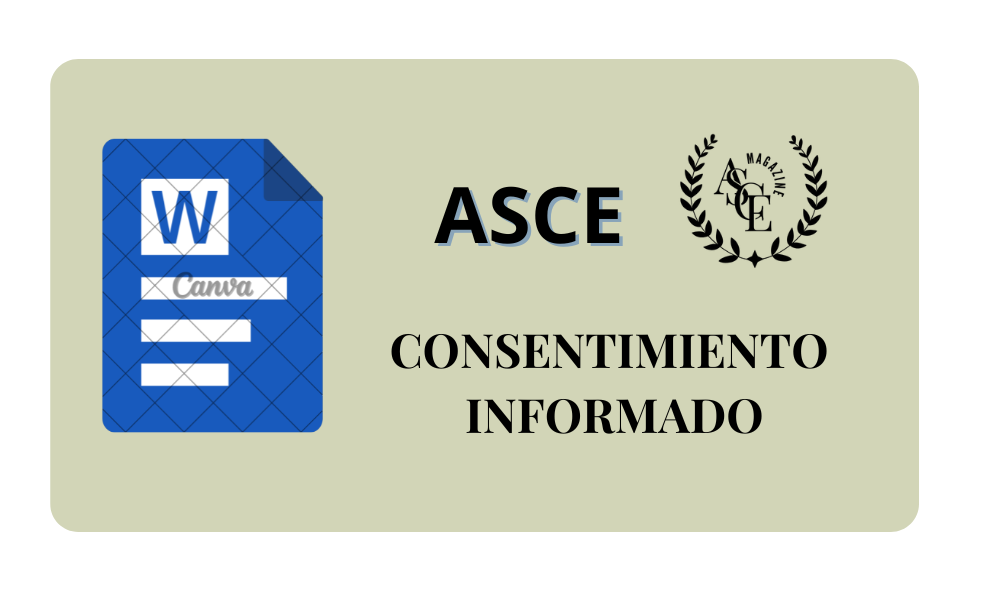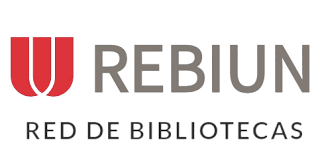"Evaluating the impact of gamification on student motivation. Teacher at Sergio Quirola School."
DOI:
https://doi.org/10.70577/ASCE/36.52/2025Keywords:
Gamification; Motivation; Autonomy; Educational Strategies; Comparison; Teaching; LearningAbstract
The purpose of this study was to analyze the effect of gamification on student motivation at Sergio Quirola School. To do so, a quantitative methodology was used, administering a structured survey with a Likert scale to a total of 87 students. The findingsindicated that, generally speaking, students adopted a neutral stance toward gamification, with a small percentage recognizing its impact positively. Regarding the autonomy dimension, many students did not notice a significant change in their ability to self-regulate. Furthermore, when comparing gamification with traditional methods, the latter was not found to be superior in all aspects. Regarding general opinions, the results showed a moderate assessment, with the majority of students maintaining a neutral stance. The conclusions indicate that, although gamification can have a positive effect on some students, its effectiveness is not uniformly perceived. Therefore, it is essential to complement gamification with other teaching strategies to enhance its impact. It is suggested that teachers integrate gamification activities in a more adaptive and personalized way, taking into account the individual characteristics and needs of their students.
Downloads
References
BIBLIOGRAFÍA
Barrionuevo Montalvo, H. P. (2024). Innovación Educativa: El Rol de la Gamificación en la Motivación y Rendimiento en Matemáticas Virtuales. Código Científico Revista De Investigación, 5(3), 411–434. https://doi.org/https://doi.org/10.55813/gaea/ccri/v5/nE3/325 DOI: https://doi.org/10.55813/gaea/ccri/v5/nE3/325
Berrones, L., Moyano, M., Espinoza, L., & Congacha, E. (2023). La gamificación en el aprendizaje significativo de las asignaturas de educación . Polo del conocimiento, 8(7), 240-262. https://doi.org/10.23857/pc.v8i7
Boillos, G. F. (2024). "La gamificación y el aprendizaje lúdico como recurso didáctico: práctica comparada y análisis de una metodología en centros de España y Costa Rica". Universidad de la Rioja . Obtenido de https://dialnet.unirioja.es/descarga/tesis/325324.pdf
Cabero, A. J., & Palacios, R. A. (2021). La evaluación de la educación virtual: las e-actividades. Revita RIED, 24(2), 169-188. https://doi.org/https://www.redalyc.org/journal/3314/331466109010/html/ DOI: https://doi.org/10.5944/ried.24.2.28994
Calonge, P. S., Guijarro, R. S., & Burgueño, R. (2024). La teoría de la Autodeterminación y sus tipos de motivación a lo largo de un continuum de autodeterminación. Revista Transformación Digital de la Universidad de Valladolid, 2(13), 1-5. https://doi.org/https://uvadoc.uva.es/bitstream/handle/10324/68252/La%20TAD%20y%20sus%20tipos%20de%20motivaci%C3%B3n%20a%20lo%20largo%20de%20un%20continuum%20de%20autodeterminaci%C3%B3n.pdf?sequence=1
Castillo, M., Escobar, M., Barragán, R., & Cárdenas, M. (2022). La Gamificación como herramienta metodológica en la enseñanza. Polo del Conocimiento, 7(1). https://doi.org/10.23857/pc.v7i1.3503
Cueva, & Cáceres. (2023). Gamificación: Un Recurso que Promueve las Competencias Matemáticas en la Educación Peruana. Revista Tecnológica-Educativa Docentes, 28(2), 123-149. https://doi.org/https://doi.org/10.37843/rted.v16i2.397 DOI: https://doi.org/10.37843/rted.v16i2.397
Gaitán, V. (2023). Gamificación: el aprendizaje divertido. Revista Educativo , 2(1), 1. https://doi.org/https://www.educativa.com/blog-articulos/gamificacion-el-aprendizaje-divertido/
Granados, M. M., Romero, V. S., & Rengifo, L. R. (2020). Tecnología en el proceso educativo: nuevos escenarios. Revista Venezolana de Gerencia, , 25(92), 1809-1823,. https://doi.org/https://www.redalyc.org/journal/290/29065286032/html/
Huamaní, Q. M., & Vega, V. C. (2023). Efectos de la gamificación en la motivación y el aprendizaje. Ciencias De La Educación, 7(29), 1399–1410. https://doi.org/https://doi.org/10.33996/revistahorizontes.v7i29.600 DOI: https://doi.org/10.33996/revistahorizontes.v7i29.600
Poveda, P. D., Limas, S. S., & Cifuentes, M. J. (2023). La gamificación como estrategia de aprendizaje en la educación superior. Revista Educación y Educadores, 26(1), e2612. https://doi.org/https://doi.org/10.5294/edu.2023.26.1.2 DOI: https://doi.org/10.5294/edu.2023.26.1.2
Robles, O. D., & Vásquez, G. M. (2022). El uso de la gamificación para mejorar la motivación y el rendimiento académico en estudiantes universitarios: Un meta-análisis. Revista Científica Kosmos,, 1(1), 15-=26. https://doi.org/https://doi.org/10.62943/rck.v1n1.2022.36 DOI: https://doi.org/10.62943/rck.v1n1.2022.36
Toala, V. E., Fernández, S. G., Roblez, C. M., & Pozo, A. M. (2025). La gamificación en el ámbito educativo: Impacto en el desarrollo de competencias socioemocionales en los estudiantes. Revista Científica Multidisciplinar G-Nerando, 6(1), e-2241. https://doi.org/https://doi.org/10.60100/rcmg.v6i1.527 DOI: https://doi.org/10.60100/rcmg.v6i1.527
Torres, M. A. (08 de Octubre de 2024). Pantallas, juego y Matemáticas: el cóctel con riesgos de una ‘app’ que ya usan más de 1.700 colegios en España. Obtenido de https://elpais.com/educacion/2024-10-09/pantallas-juego-y-matematicas-el-coctel-con-riesgos-de-una-app-que-ya-usan-mas-de-1700-colegios-en-espana.html?utm_source
Downloads
Published
How to Cite
Issue
Section
License
Copyright (c) 2025 Amparito de las Mercedes Guamanquispe Acosta, María Magdalena EscuderoMonar

This work is licensed under a Creative Commons Attribution-NonCommercial-NoDerivatives 4.0 International License.
Eres libre de:
- Compartir : copiar y redistribuir el material en cualquier medio o formato
- Adaptar : remezclar, transformar y desarrollar el material
- El licenciante no puede revocar estas libertades siempre y cuando usted cumpla con los términos de la licencia.
En los siguientes términos:
- Atribución : Debe otorgar el crédito correspondiente , proporcionar un enlace a la licencia e indicar si se realizaron cambios . Puede hacerlo de cualquier manera razonable, pero no de ninguna manera que sugiera que el licenciante lo respalda a usted o a su uso.
- No comercial : no puede utilizar el material con fines comerciales .
- CompartirIgual — Si remezcla, transforma o construye sobre el material, debe distribuir sus contribuciones bajo la misma licencia que el original.
- Sin restricciones adicionales : no puede aplicar términos legales ni medidas tecnológicas que restrinjan legalmente a otros hacer algo que la licencia permite.
























